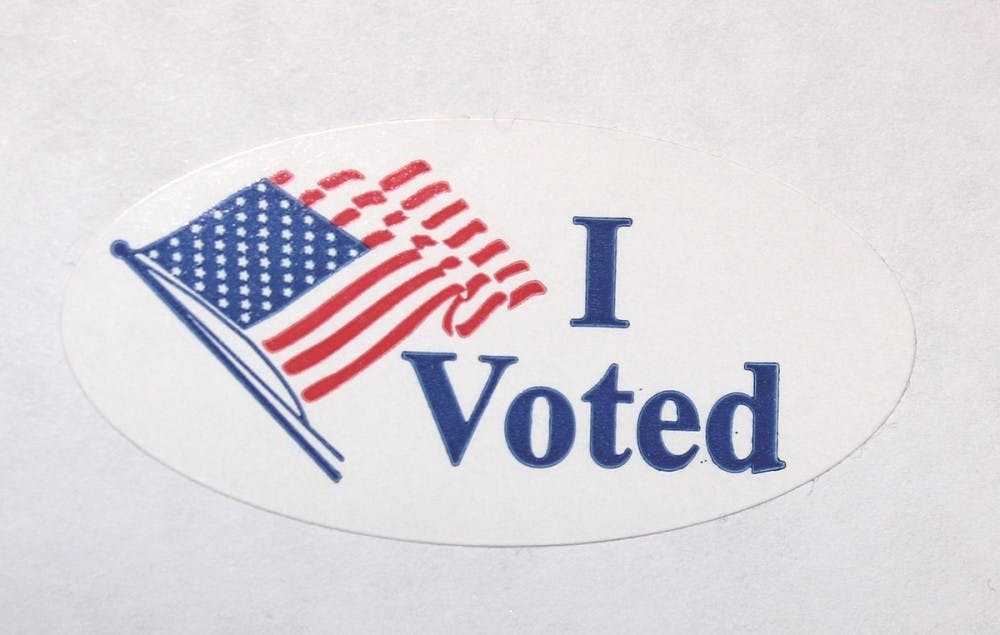Over the summer, Vice President for Administration Taylor Overton resigned from his position due to personal issues. Aug. 27, Student Council President Ellie Brasacchio nominated former Chief of Cabinet Ellen Yates who was later confirmed by the representative body to the role. A similar incident occurred in 2018, when Sydney Bradley resigned as VPA and former Student Council President Alex Cintron nominated Overton to take her place.
While all of this at first glance appears to be a mundane example of the routine inner-workings of Student Council, the appointment process for elected positions such as VPA is actually a point of controversy among those within the organization. This disagreement revolves around whether individuals should be appointed to fill vacant positions or if the Council’s constitution should be amended to allow for special elections. While the advocacy in favor of special elections is undertaken in good faith, it would be a mistake for a number of reasons to allow them.
The first reason being that planning these elections would be a logistical nightmare. The University Board of Elections is a relatively small organization, which already has to accomplish the herculean task of administering regular student elections every year. Given the complexity of administering an election, especially one by and for students, we would run the risk of making devastating mistakes that could compromise the whole system, such as the technical issues that occurred when voting began last semester. To expect any student-run organization to be able to pull this off at unexpected times during the year is absurd.
This is especially true considering that these organizations are staffed by college students, who have their own responsibilities outside of organizing and administering elections, which makes it difficult for them to dedicate the attention necessary to the task. Since turnover appears to be a rampant problem in Student council, if special elections were implemented the process would become rather tedious.
One may argue that student elections would be more representative of the student body but this is ill-founded. For example, despite the best efforts of the University’s most engaged students, during election season in March, there was a 12.6 percent turnout for the Student Council Presidential race. With that election in mind, it is possible that during any potential special election the turnout rate amongst students could be in the single-digits. It is hard to see how these results would be representative of the student body.
Moreover, given that these representatives’ terms are so short, by the time we could recruit candidates, gather signatures, set a schedule and create an online ballot, most of their term would be over — especially if the original representative already occupied the role for a significant amount of time.
Allowing students to fill vacant positions through the nomination process ensures that the organization runs as smoothly as possible until the regular election day rolls around — something that Student Council's current constitutional arrangement takes into account. Since elections for student representatives happen every year, students would not have to tolerate unelected representatives for an extended period of time and would be better served by having someone immediately serving in an important role.
We agree that elections are important, but holding special elections makes little sense. All it will lead to is the creation of a bureaucratic mess so only a handful of people can vote, all the while Student Council will run less efficiently while pursuing its initiatives — which already have to be accomplished in a strikingly limited amount of time. We approve of Brasacchio’s appointment of Yates as VPA and we urge the representative body not to amend the constitution to allow for special elections — especially if similar resignations were to occur in the future.
The Cavalier Daily Editorial Board is composed of the Executive Editor, the Editor-in-Chief, the two Opinion Editors and their Senior Associate. The board can be reached at eb@cavalierdaily.com.







